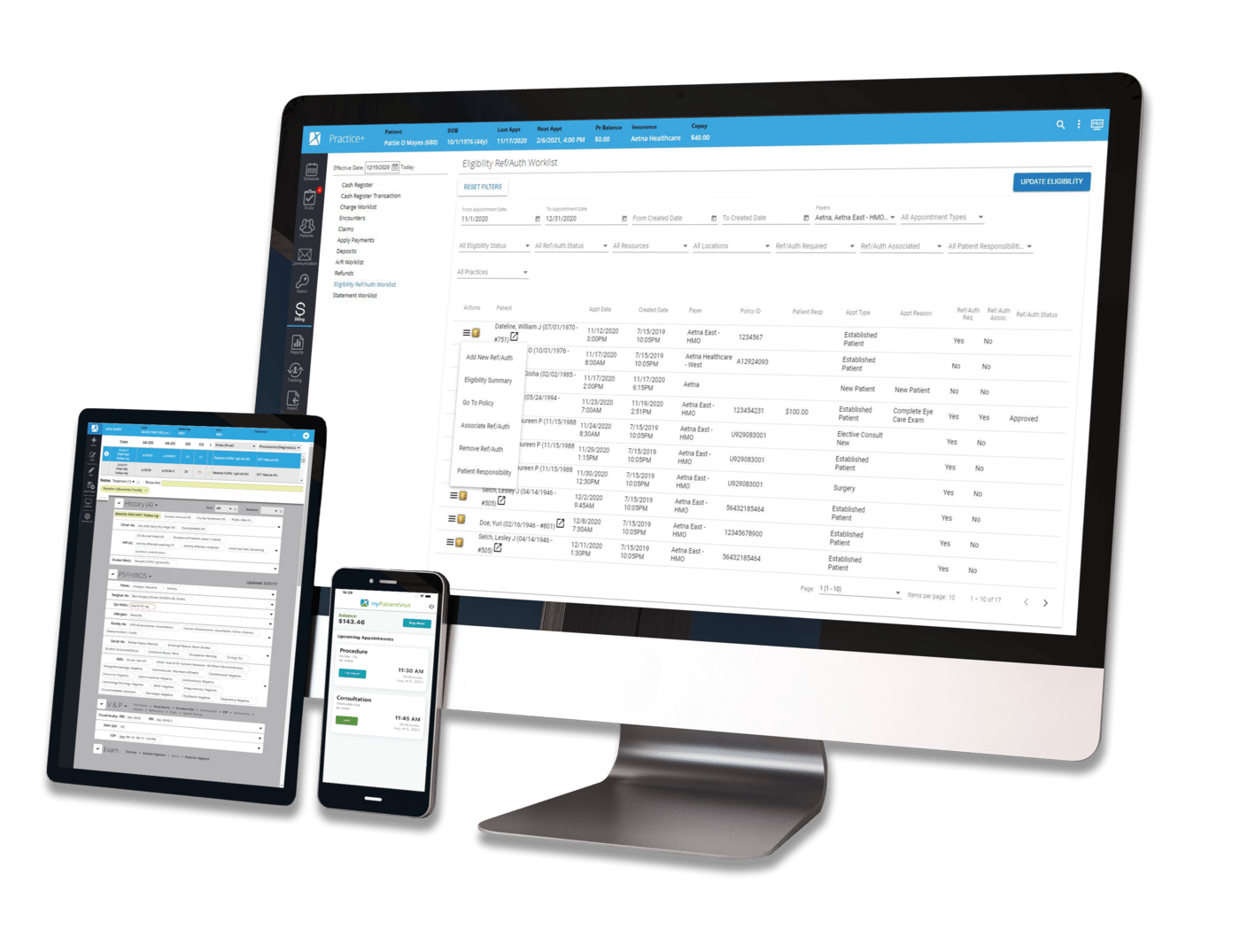Latest Articles
The latest news and information regarding electronic medical records, practice management software, HIPAA, and security from Nextech.

Coding | Regulatory & Compliance
By:
Nextech
September 16th, 2015
Medical practices are gearing up for the ICD-10 transition away from ICD-9 codes, set to take place in just two weeks on October 1. However, four states in the U.S. will be allowed to do things a little differently immediately following the deadline. According to Modern Healthcare, four states have been approved by the Centers for Medicare & Medicaid Services (CMS) to delay their transitions to direct ICD-10 code processing by the Oct. 1 deadline.

Regulatory & Compliance | Healthcare Technology
By:
Nextech
September 16th, 2015
Electronic medical record adoption is on the rise in the United States, as many already know, but have you ever wandered exactly where EMRs are most popular among medical practices? Well know we know, thanks to a report conducted by the Centers for Disease Control and Prevention (CDC). Released at the beginning of September, the CDC looked at each state in the U.S. and the percentages of office-based physicians that employed the use of an EMR in their clinic throughout 2014.


By:
Nextech
September 14th, 2015
Earlier this month, the Centers for Medicare and Medicaid Services (CMS) forwarded the final rules for Meaningful Use Stage 3, as well as modifications for the Stage 2 final rules, to the Office of Management and Budget (OMB) for review. While both rules were combined when they were sent on to the OMB on Sept. 3, it still remains to be seen whether or not they will be finalized in this manner (as one final rule or as two separate rules).

Regulatory & Compliance | Security & Data Management | cures act
By:
Nextech
September 11th, 2015
One of the unavoidable side effects of the shift to Electronic Medical Records (EMR) has been a nearly exponential surge in the amount of digital data storage being occupied by the healthcare industry, which some are referring to as the “data deluge.” In all honesty, this data flood of epic proportions is something that everyone really should have seen coming a long time ago. It’s been pretty obvious for quite some time. For a number of years already, in fact, medical-related data has been consuming increasingly bigger pieces of the global storage pie.

EHR | Coding | Regulatory & Compliance
By:
Nextech
September 4th, 2015
With just under a month until the ICD-10 deadline on October 1, specialty physicians are doing what they can to ensure their practices are prepared for massive transition.

EHR | Coding | Regulatory & Compliance
By:
Nextech
September 2nd, 2015
Medical practices aren't the only organizations preparing for the major ICD-10 transition set to take place on October 1. The Centers for Medicare & Medicaid Services conducted its third end-to-end test of the year in regard to preparing for ICD-10 claims. The results? A huge success.

Regulatory & Compliance | Security & Data Management | Healthcare Technology
By:
Nextech
August 25th, 2015
Originally discussed in President Obama’s State of the Union speech back in January, the White House is now looking for the help of those in the medical industry to ensure the President’s Precision Medicine Initiative (PMI) is a success. In the official blog of the Executive Branch, Deputy Chief Technology Officer for Data Policy and Chief Data Scientist in the Office of Science and Technology Policy DJ Patil and PMI Project Manager Stephanie Devaney asked for the feedback of both the public and private sectors.

By:
Nextech
August 5th, 2015
When Meaningful Use began for eligible professionals (EP’s) back in 2011, the physicians who chose to participate in the government program rushed to implement electronic medical record solutions in order to meet Stage 1 requirements and receive the maximum incentive payments.